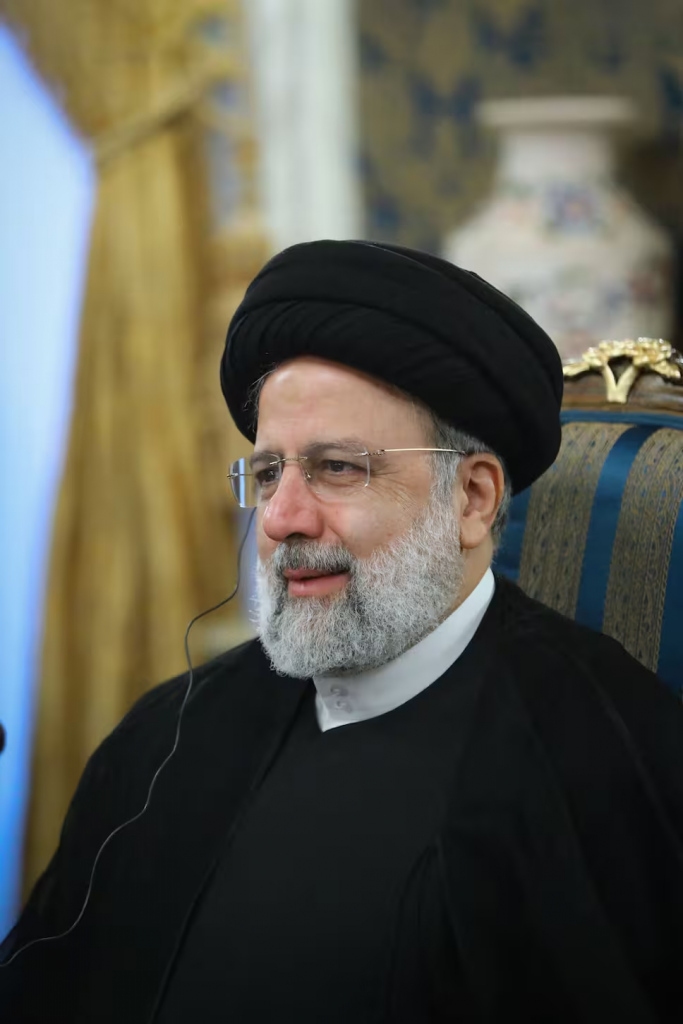Iranian President Ebrahim Raisi on Sunday welcomed an invitation he received from King Salman of Saudi Arabia to visit Riyadh to seal the rapprochement between the two countries, an Iranian presidential official said.
“In a letter to President Raisi, King Salman of Saudi Arabia welcomed the agreement reached between the two brotherly countries, invited him to Riyadh and called for strong economic and regional cooperation. Mr. Raïsi welcomed this invitation,” said his deputy chief of staff, Mohammad Jamshidi, on Twitter.
Iranian Foreign Minister Hossein Amir-Abdollahian said on Sunday that the two countries had agreed on an upcoming meeting of their foreign chief.
He indicated that “three places” had been suggested “to hold this meeting”, without specifying which ones.
This invitation from Saudi Arabia comes shortly after the announcement on March 10 by Tehran and Riyadh of their decision to restore their diplomatic relations within two months following talks in China.

Sunni Saudi Arabia and Shia Iran severed ties in 2016 after protesters in the Islamic Republic attacked Saudi diplomatic missions following Riyadh’s execution of a famous Shia cleric.
In support of Riyadh, other Gulf countries including the United Arab Emirates, Kuwait and Bahrain had reduced their diplomatic ties with Tehran.
In recent months, the Emirates and Kuwait have resumed their relations
diplomatic with Iran. And Tehran announced on March 13 its intention to restore ties with Bahrain, Iranian diplomacy evoking “the positive atmosphere reigning in the region”.
This rapprochement between Riyadh and Tehran could materialize “very quickly” through Saudi investments “if we stick to the principles of what has been agreed”, Saudi Finance Minister Mohammed al-Jadaan said on Wednesday. ignoring the international sanctions imposed on the Islamic Republic.
The agreement between the two rival powers in the Middle East also provides for the mutual reopening of embassies, as well as a commitment by each to respect the sovereignty of the other and not to interfere in “internal affairs”.

The two oil-rich countries support opposing sides in several regional conflicts, such as in Syria or Yemen.
Their rapprochement aroused surprise and the hope of a reconciliation between belligerent parties in these countries at war, or even of a possible end to the conflict.
But Saudi Foreign Minister Prince Faisal bin Farhane stressed on March 13 that this agreement “did not mean that (Riyadh and Tehran had) found a solution to all the disputes between them”.
In the meantime, Iraq, victim of the struggle for influence between Riyadh and Tehran, will be “the main beneficiary of the restoration of ties between Iran and Saudi Arabia”, indicated the Iraqi analyst Ali al-Baidar, on Twitter.
On the other hand, Israel observed with concern this agreement between Saudi Arabia and Iran, a sworn enemy of the Jewish state. “A total and dangerous failure of the foreign policy of the Israeli government”, judged the leader of the Israeli opposition, Yaïr Lapid, as soon as the agreement was announced.
On the geopolitical level, the agreement marks the growing commitment of China in the Middle East, while the country has so far remained perceived as reluctant to get involved in the thorny issues of the region. A paradigm shift that could challenge US dominance in the Middle East, analysts say.







